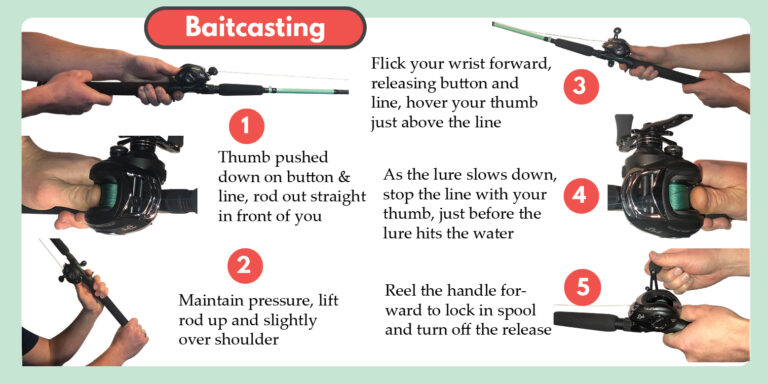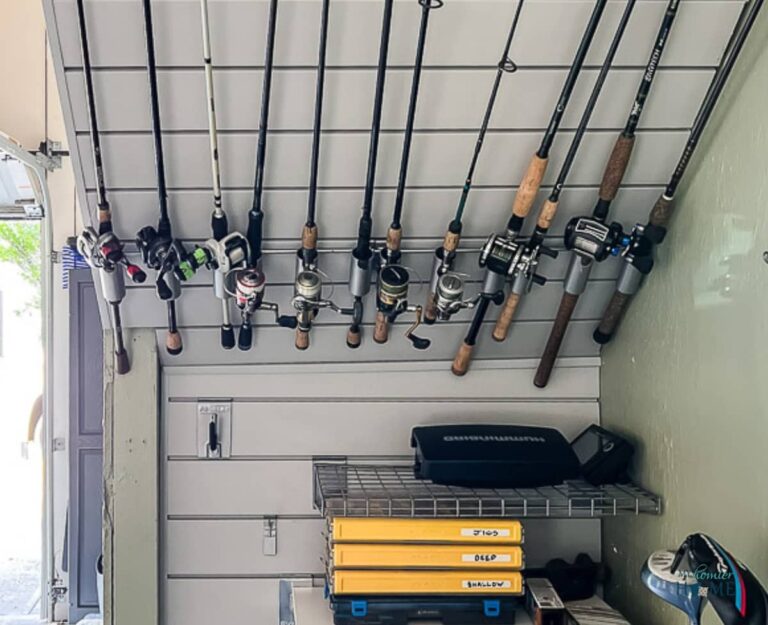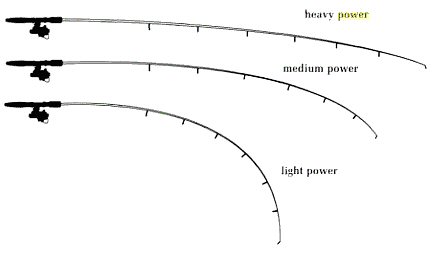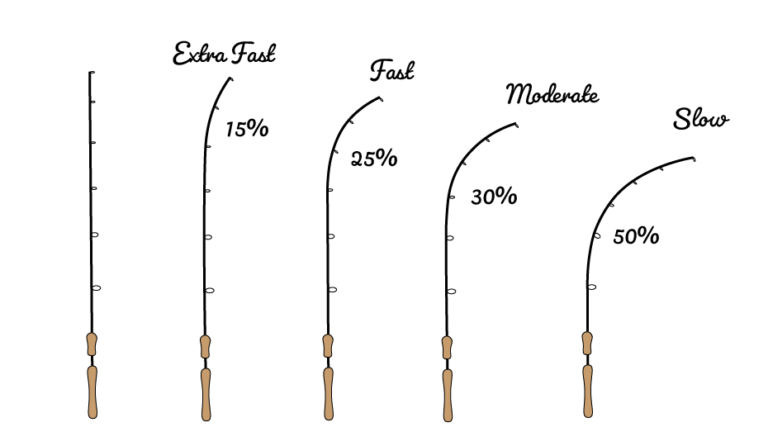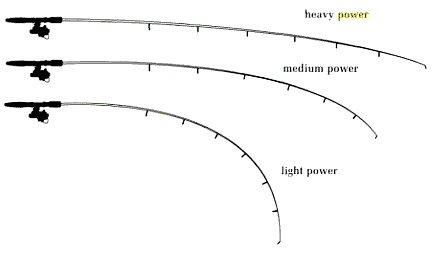Can You Use a Saltwater Rod in Freshwater
Yes, you can use a saltwater rod in freshwater. It’s often overbuilt for freshwater conditions.
Anglers frequently question whether their gear can cross the boundaries between distinct angling environments, particularly when it comes to saltwater and freshwater fishing. As a multifaceted sport, fishing allows for a variety of equipment to be used in different scenarios.
While saltwater fishing rods are generally sturdier to handle larger, saltwater species, they can certainly find a place along rivers and lakes. Their robust construction, while perhaps not necessary for the typically smaller freshwater species, ensures durability and longevity. This versatility comes in handy for those seeking to invest in gear that can withstand various fishing conditions. Choosing a saltwater rod for freshwater fishing might seem like overkill, yet it provides assurance that your equipment can handle unexpected larger catches or tough conditions.
Saltwater Vs Freshwater Rods
The material used in saltwater rods often differs from freshwater counterparts. Saltwater rods usually feature materials that resist corrosion. These materials include stainless steel, fiberglass, or composites. Freshwater rods may not need such resistant materials. Using a saltwater rod in freshwater is possible due to its durable design.
Design variations between the two types of rods sometimes exist. Saltwater fishing tackle is made to handle larger, more aggressive fish. So, their rods are often heavier and more robust. Freshwater rods tend to be lighter and more flexible. A saltwater rod works in freshwater, but it might be overkill for smaller species.
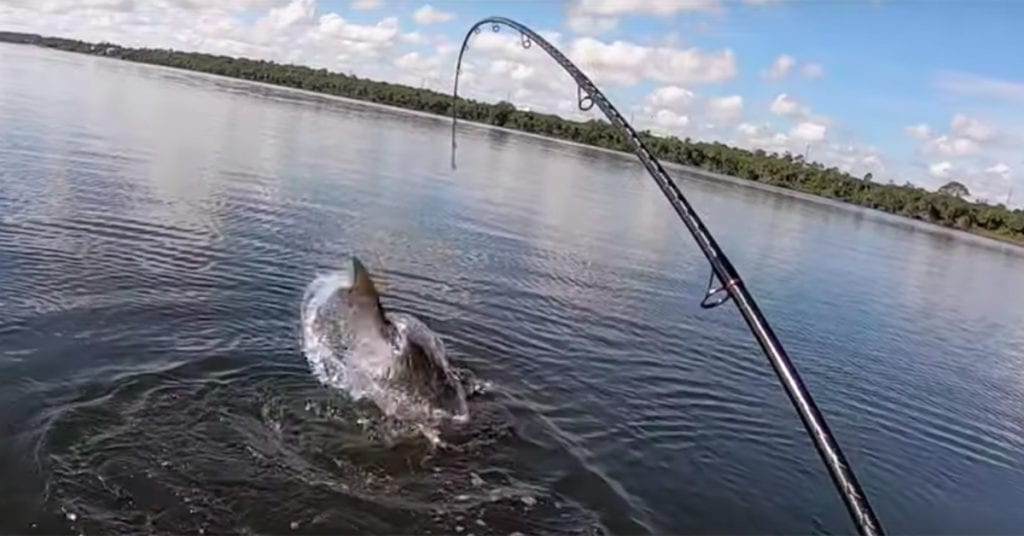
Credit: www.saltstrong.com
Using Saltwater Rods In Freshwater
Using a saltwater rod in freshwater often works fine. But, the performance may vary. Saltwater rods are built tough. They are made to fight big, salty fish. Freshwater fish are usually smaller. So, the heavy saltwater rod might feel too much for them. Yet, a good angler can catch fish with it.
Looking at adaptability, saltwater rods handle different baits. They cast far, which is good for big lakes. But, they may feel clunky in small streams. A freshwater rod is often lighter and more sensitive. This makes it easier to feel when a fish bites.
Pros And Cons
Saltwater rods are built tough. They must fight big ocean fish. Their strength is a big plus in fresh waters. Yet, this same strength could be too much. Small lake fish don’t need such hefty gear. Using a powerful saltwater rod may not feel right when catching tiny fish. It’s like using a big truck to move one chair.
Maintenance And Care
Maintenance and care are crucial to keep your saltwater rods in top condition for freshwater use. Clean your rod thoroughly after each use. Freshwater doesn’t harm saltwater rods, but salt and dirt do. Rinse with fresh, clean water and dry with a soft cloth.
For optimal performance, disassemble the rod and wipe down all parts. Use a mild soap for the handle and ferrules. Dry each piece before reassembly. Regular maintenance ensures durability and functionality. Protective storage is vital when not in use. Periodic checks for damage or wear can prevent unexpected failures.
Adhering to these simple cleaning techniques helps preserve the longevity of saltwater rods in freshwater environments. These efforts pay off in reliable equipment that performs well, no matter the water type.
Angler Experiences
Seasoned fishermen often share insights into using saltwater rods in freshwater. Their experiences highlight versatility and durability. One angler noted the strength of saltwater gear made reeling in large freshwater species easier. On the flip side, some suggest that heavier saltwater rods can be overkill for smaller fish.
It’s important to consider the type of fish targeted. Another angler mentioned that saltwater rods work well for freshwater fishing when seeking bass or pike. Yet, they advised care with tackle selection to match the rod’s power with the fish’s weight.
Testimonials emphasize adapting technique and gear to the environment. Customarily, success hinges on the right combination of rod, reel, line, and lure. Expert fishermen recommend testing your setup before a full-scale fishing trip.

Credit: m.youtube.com
Making The Choice
Deciding on the right fishing gear requires careful thought. Freshwater and saltwater environments differ dramatically. The gear you choose must withstand these conditions. Saltwater rods are designed to resist corrosion from salty conditions. Yet, they can be effective in freshwater scenarios too.
Always consider the rod’s material. Most versatile rods are made of graphite or fiberglass – both good for either water type. The length and power of the rod should match your intended use. Shorter rods offer more control. Longer rods are better for casting long distances.
| Factor | Saltwater | Freshwater |
|---|---|---|
| Material | Corrosion-resistant | Flexible, can vary |
| Length | Longer for casting distance | Varies based on control desired |
| Power | Heavier to handle large fish | Light to medium for smaller fish |

Credit: www.fishsafe.info
Frequently Asked Questions On Can You Use A Saltwater Rod In Freshwater
Can You Use A Salt Water Rod In Freshwater?
Yes, you can use a saltwater rod in freshwater. Saltwater rods are generally heavier but work well for large freshwater fish.
What Is The Difference Between Freshwater And Saltwater Fishing Poles?
Freshwater fishing poles are typically lighter, designed for smaller species. Saltwater poles are more robust, built to withstand larger fish and corrosive salt water.
Are Fishing Rods Different For Salt And Fresh?
Yes, fishing rods differ for saltwater and freshwater due to variations in corrosion resistance and material strength needed to handle different environments and species.
Can You Use Salt Water Line In Freshwater?
Yes, you can use saltwater fishing line in freshwater. Ensure you clean and maintain the line properly to prevent damage.
Conclusion
Wrapping up, using a saltwater rod in freshwater scenarios is possible. It’s all about preferences and adaptability. Rest assured, your gear won’t suffer from a change in aquatic environments. Plan accordingly and enjoy your angling adventures, wherever they may lead!
